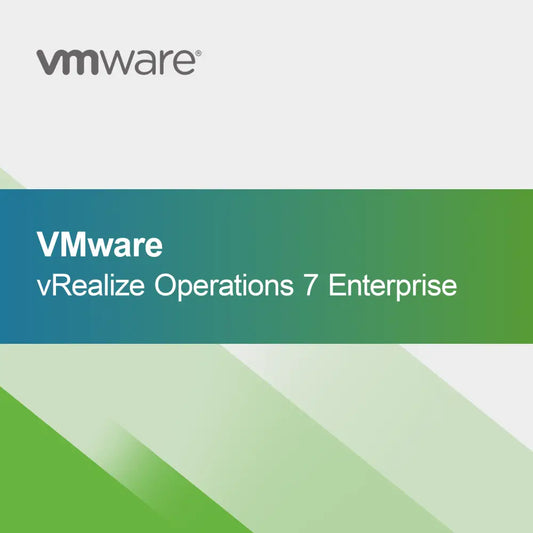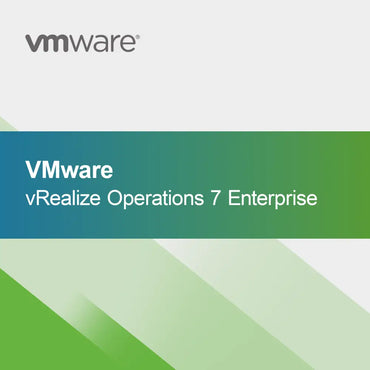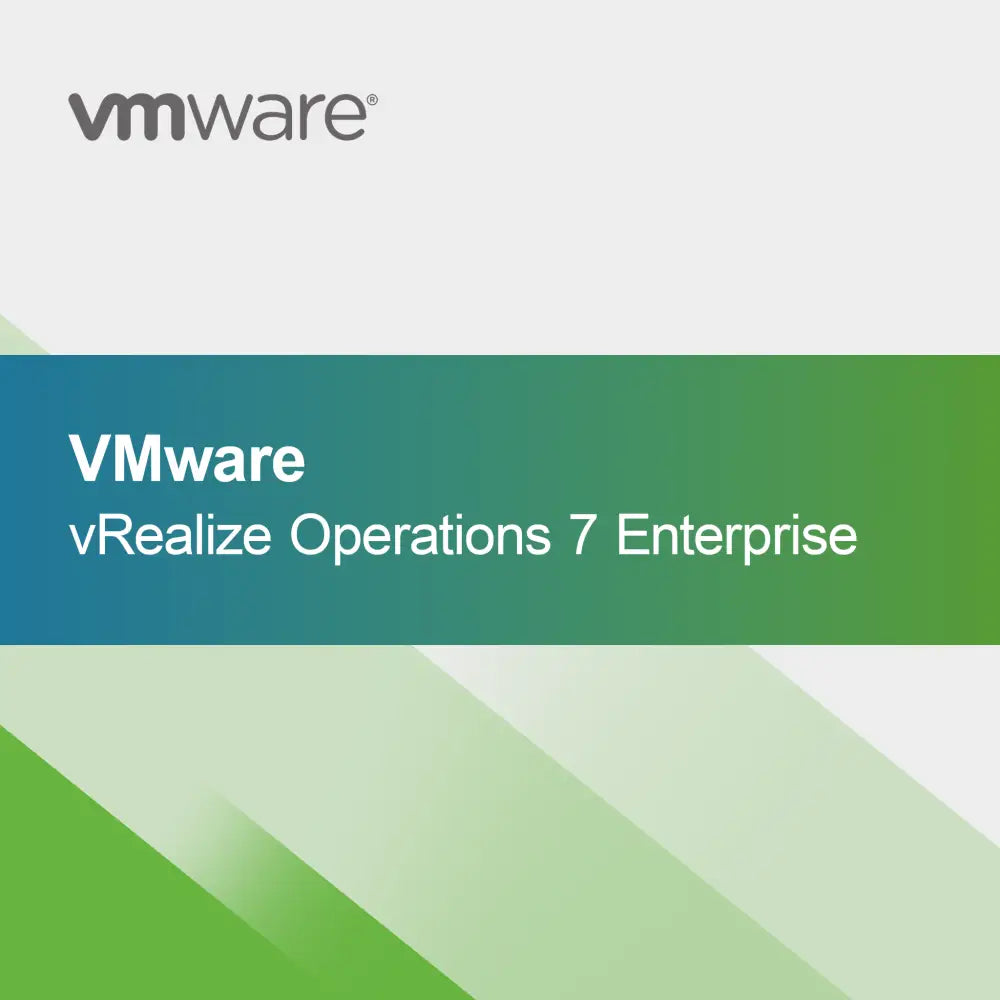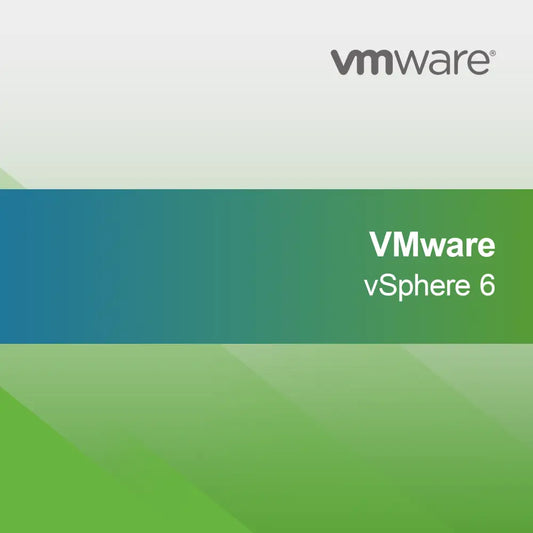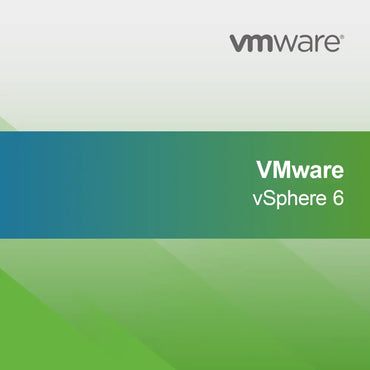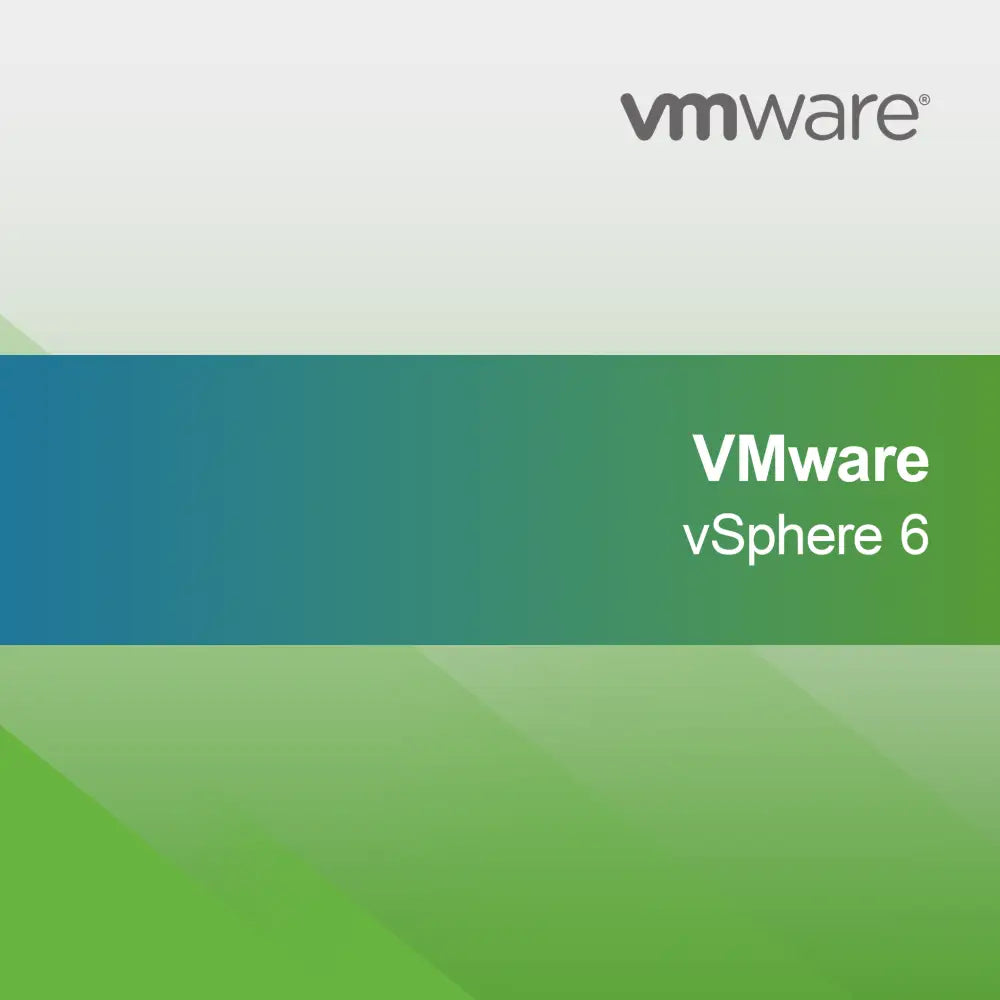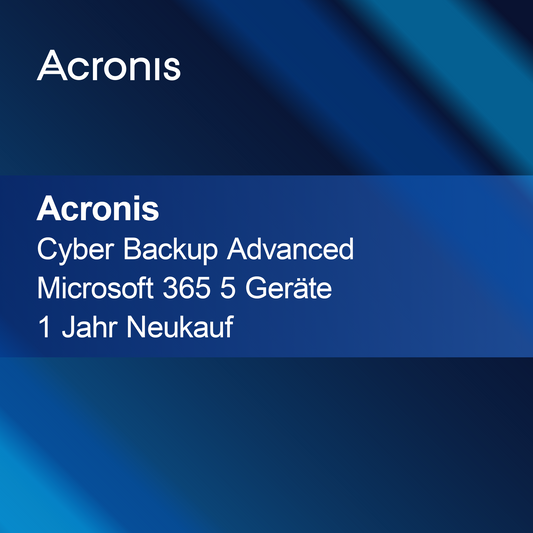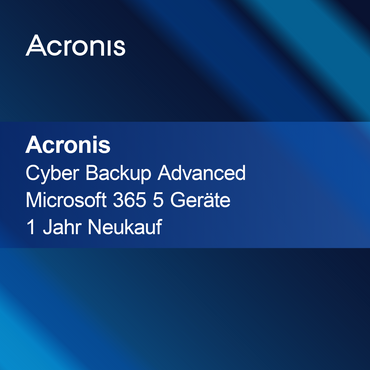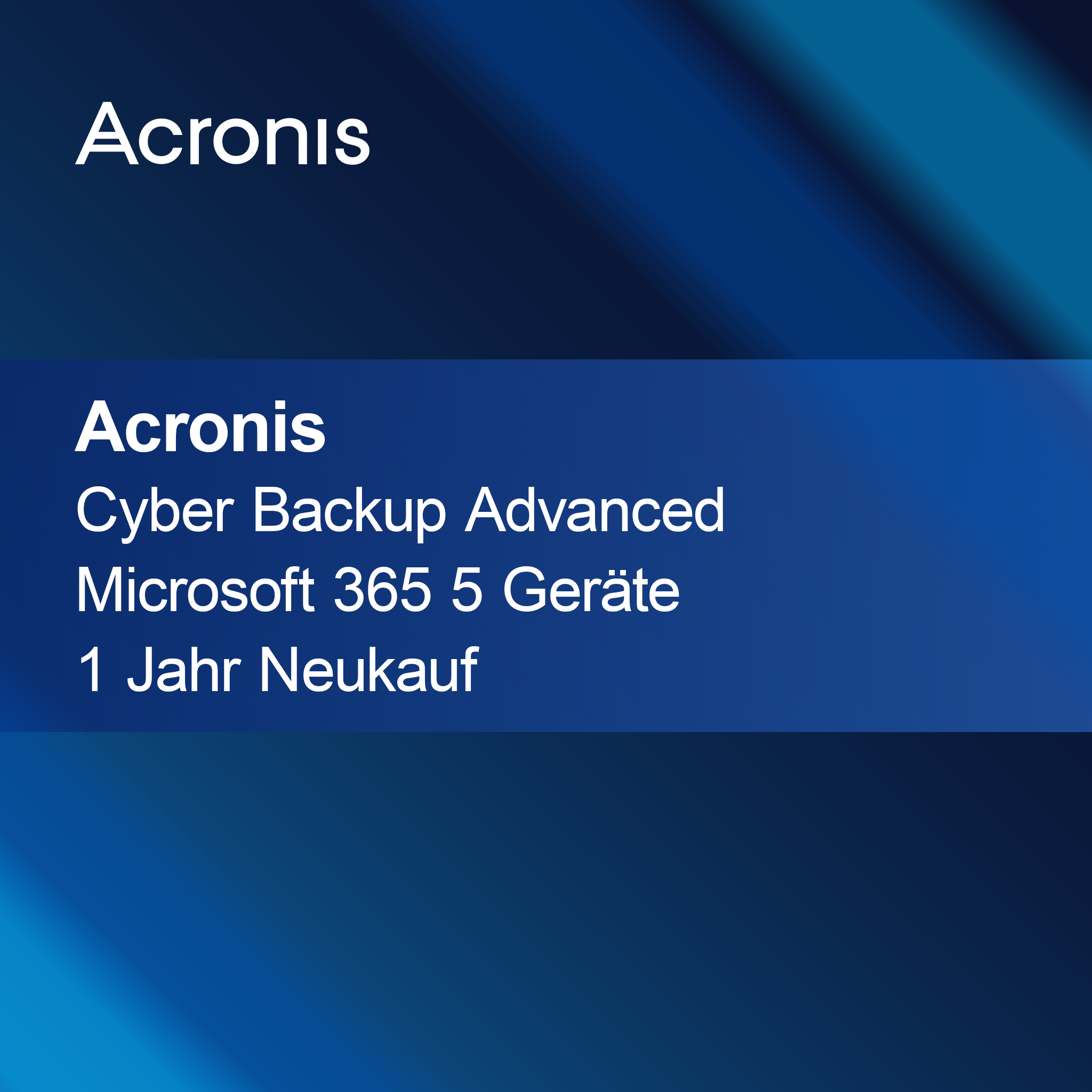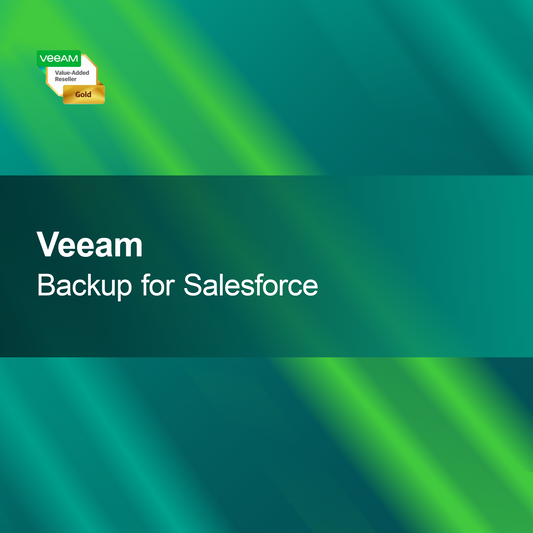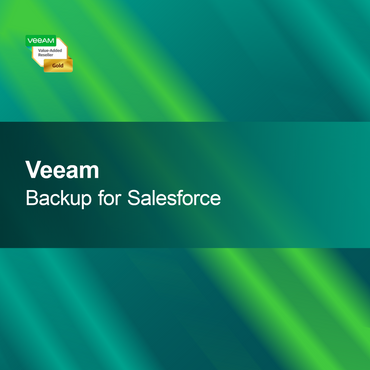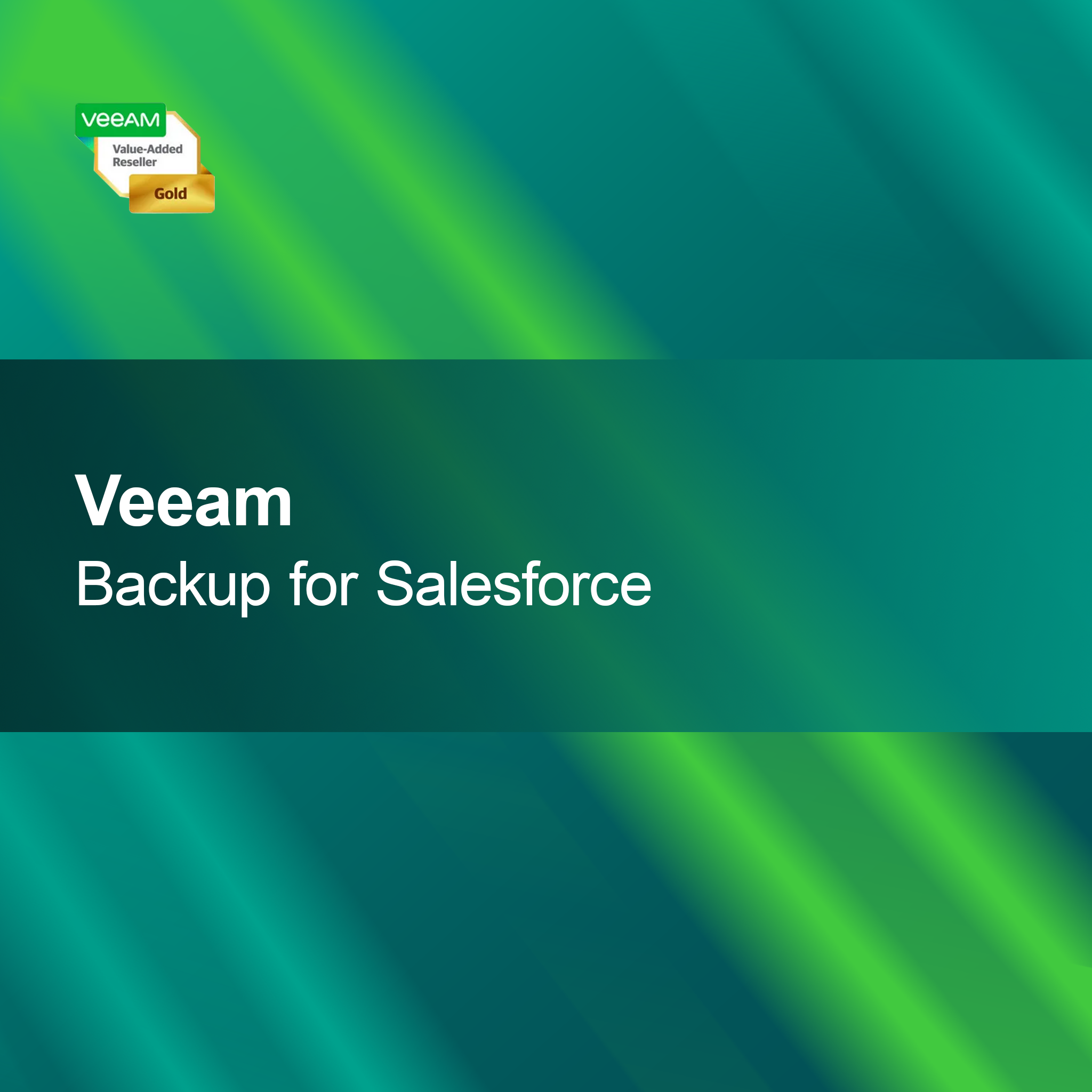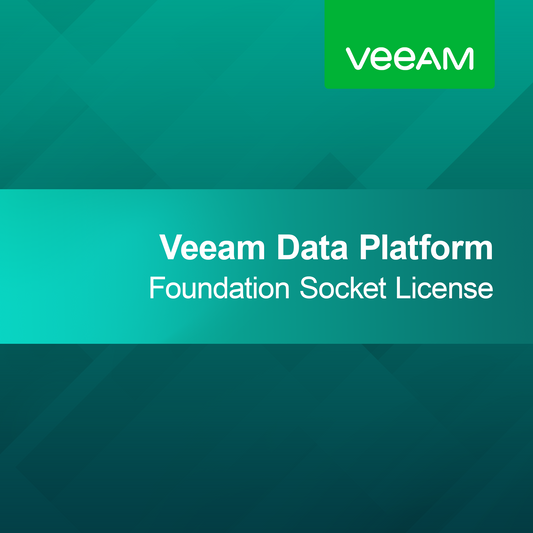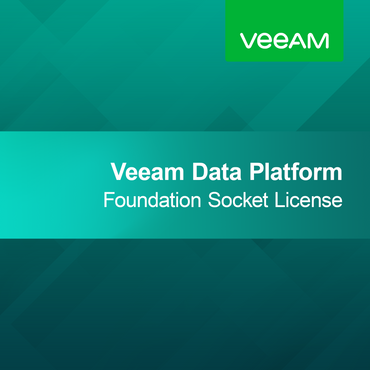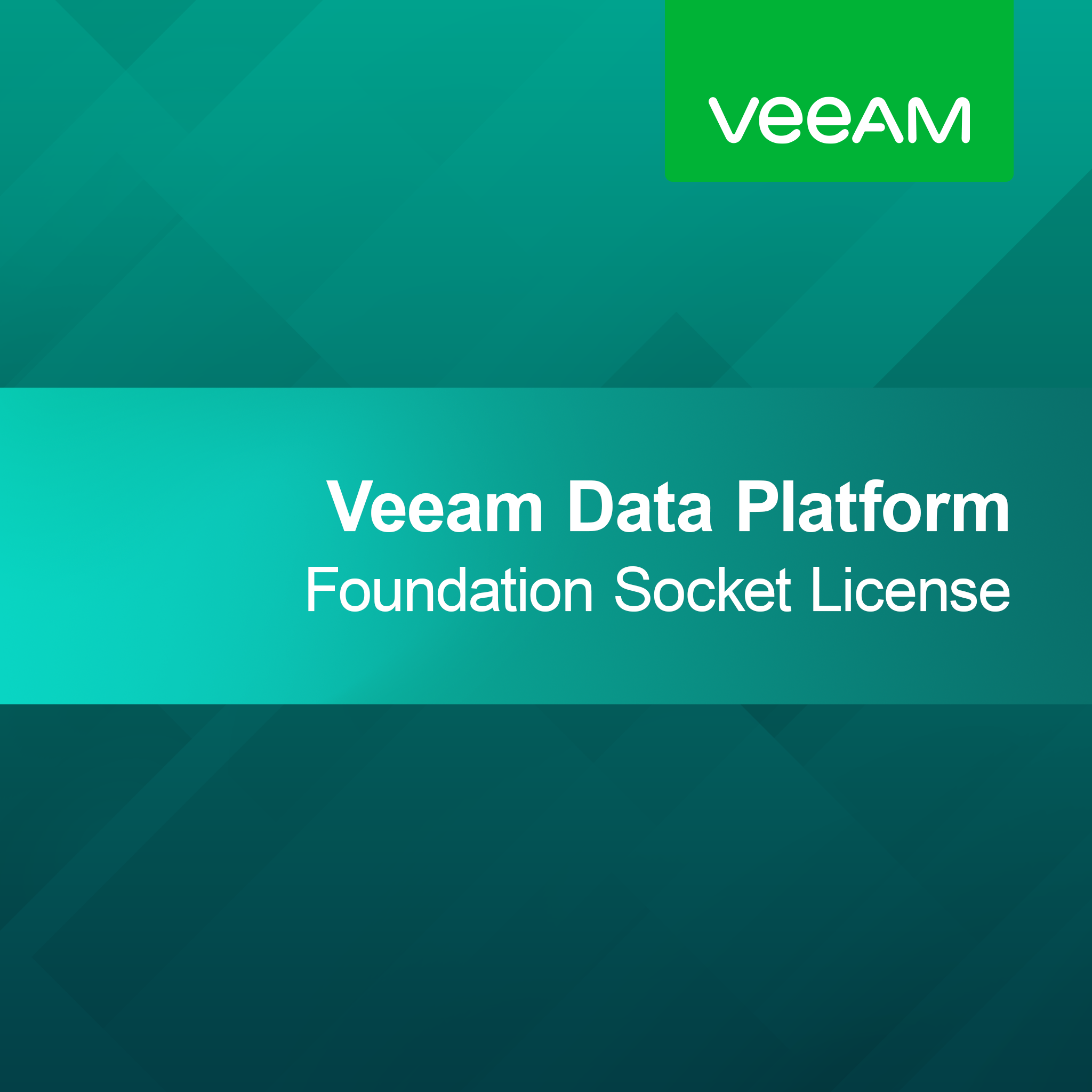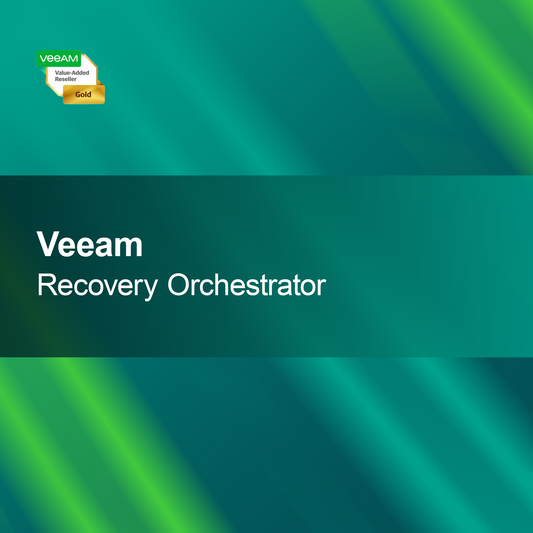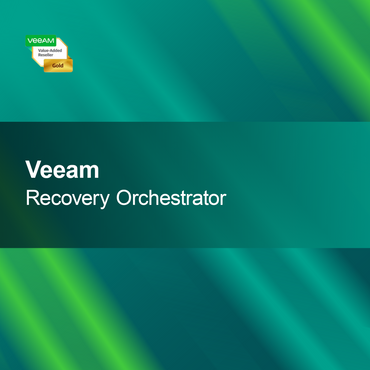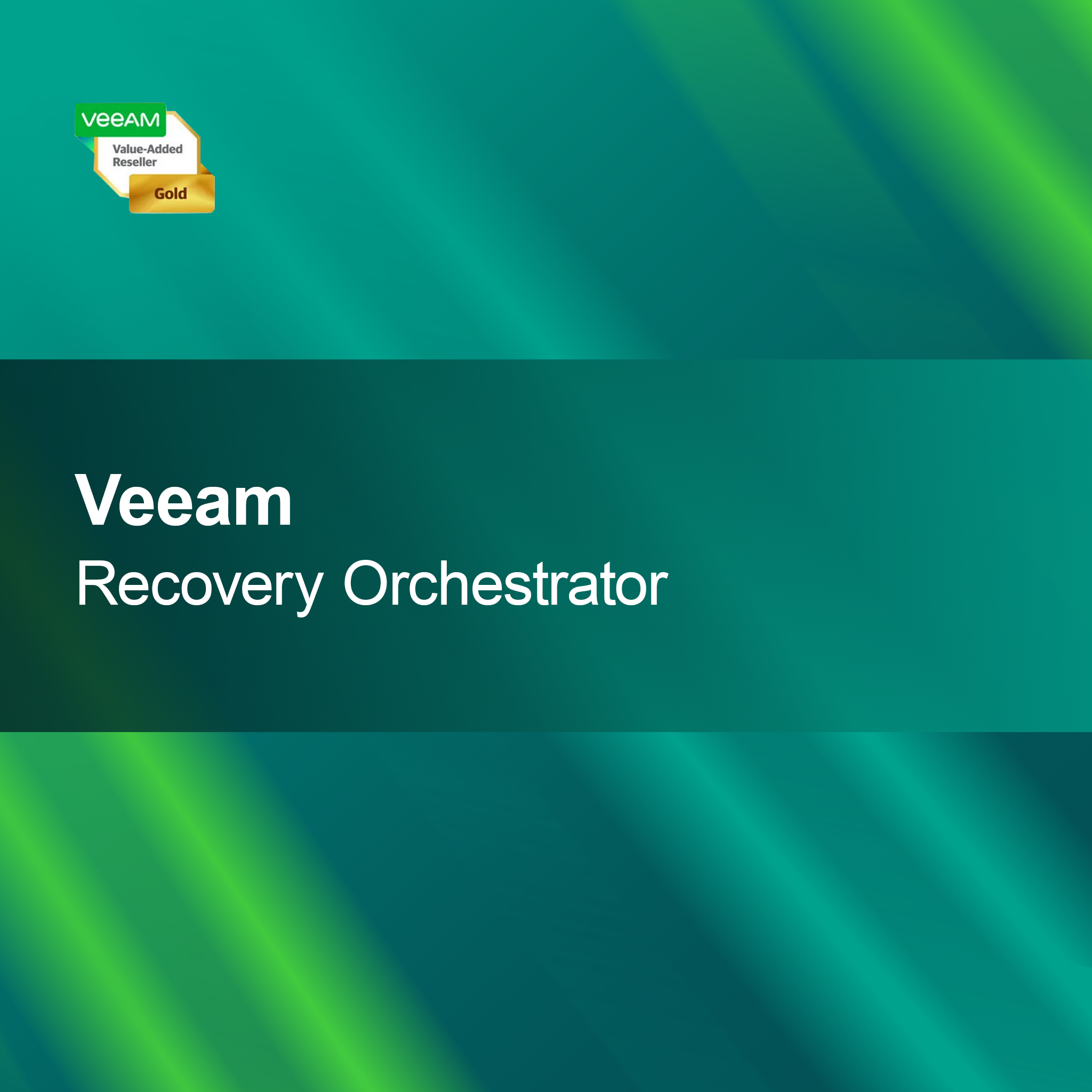-
VMware vRealize Operations 7 Enterprise
Regular price 74.515,00 leiSale price 74.515,00 lei Regular priceUnit price perVMware vRealize Operations 7 Enterprise With the license key for VMware vRealize Operations 7 Enterprise, you get a powerful solution for monitoring and managing your virtual...
-
VMware vCenter Server 7
Regular price From 6.728,00 leiSale price From 6.728,00 lei Regular priceUnit price perVMware vCenter Server 7 With VMware vCenter Server 7, you get a powerful solution for the centralized management of your virtual infrastructure. Optimize your VMware environments...
-
VMware vSphere 6
Regular price From 1.922,00 leiSale price From 1.922,00 lei Regular priceUnit price perVMware vSphere 6 With VMware vSphere 6, you get a powerful virtualization platform that helps you optimally manage and improve your IT resources. This solution is...
-
VMware Workstation 17 Pro
Regular price From 468,00 leiSale price From 468,00 lei Regular priceUnit price perVMware Workstation 17 Pro With VMware Workstation 17 Pro, you get a powerful solution to run multiple operating systems simultaneously on your computer. This software provides...
-
VMware vSan 7
Regular price From 1.803,00 leiSale price From 1.803,00 lei Regular priceUnit price perVMware vSAN 7 With the VMware vSAN 7 license key, you get a powerful storage solution specifically designed for virtualized environments. Benefit from an efficient and...
Virtualization
What is virtualization and how does it work?
Virtualization is a technology that allows multiple virtual machines to run on a single physical server. These virtual machines can run different operating systems and applications as if they were running on separate physical devices. By abstracting the hardware, resources can be used more efficiently, leading to cost savings and better server utilization. Virtualization is especially useful in data centers and for companies looking to optimize their IT infrastructure.
What advantages does virtualization offer?
Virtualization offers numerous advantages, including improved resource utilization, reduced hardware costs, and simplified management of the IT environment. By enabling multiple virtual machines to run on a single server, companies can make their infrastructure more flexible and respond more quickly to changes. Additionally, virtualization facilitates software testing and application deployment, as virtual machines can be quickly created and deleted.
What types of virtualization are there?
There are different types of virtualization, including server virtualization, desktop virtualization, and application virtualization. Server virtualization divides physical servers into multiple virtual servers. Desktop virtualization allows users to access virtual desktops, while application virtualization delivers applications in an isolated environment. Each type has its own use cases and benefits, which can be selected depending on the company's requirements.
What should I consider when implementing virtualization?
When implementing virtualization, it is important to select the right software and hardware that meet your requirements. You should also consider the network infrastructure and security policies to ensure smooth integration. Careful planning and execution of the migration from physical to virtual machines is crucial to minimize downtime and optimize performance. Training for IT staff is also recommended to facilitate handling the new environment.
- Efficient resource utilization through multiple virtual machines
- Cost reduction through reduced hardware requirements
- Flexibility in the deployment and management of IT resources
How can I ensure security in virtualized environments?
Security in virtualized environments can be enhanced through various measures. These include implementing firewalls, intrusion detection systems, and regular security updates for the virtualization software. Additionally, access rights should be carefully managed to prevent unauthorized access to virtual machines. A comprehensive security strategy that considers both physical and virtual aspects is crucial to protect data and applications.
How does virtualization differ from cloud computing?
Virtualization and cloud computing are closely related concepts but differ in their application. While virtualization involves creating and managing virtual machines on physical hardware, cloud computing refers to providing IT resources over the internet. Cloud services often use virtualization technologies to efficiently provide resources. Companies can benefit from the flexibility and scalability that virtualization offers through cloud computing without having to manage the physical infrastructure themselves.
What system requirements are necessary for virtualization?
To successfully implement virtualization, the hardware should have sufficient resources. This includes a powerful processor with virtualization support, at least 8 GB of RAM, and enough storage space for the virtual machines. A fast network connection is also important to optimize communication between the virtual machines and the users. Check the specific requirements of the virtualization software used to ensure that your hardware is compatible.

